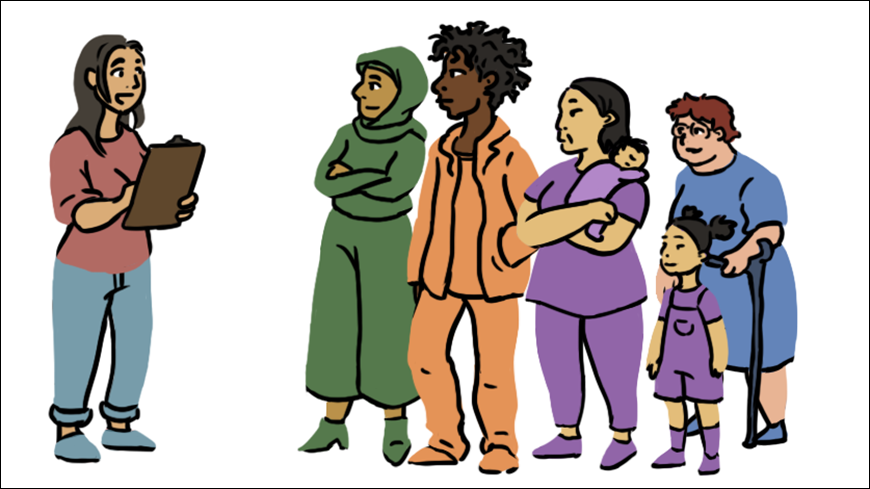Systemic Discrimination

Systemic discrimination involves the procedures, routines and organisational culture of any organisation that, often without intent, contribute to less favourable outcomes for minority groups than for the majority of the population, from the organisation’s policies, programmes, employment, and services.
Systemic discrimination comes under a range of titles in the literature including “structural discrimination”; “institutional discrimination”; and “systematic discrimination”. It is not specifically defined in international or European legislation. However, identifying and preventing systemic discrimination in their own organisation and beyond is key for the intercultural city.
Systemic discrimination tends not to be a matter of deliberate action. It is rooted in the way organisations go about their day-to-day business as policymakers, employers, or service providers. It is a product of the systems, structures, and cultures that organisations have developed and implement in their work. Systemic discrimination can operate across the full spectrum of employment, income, education, health, housing, culture, policing, public infrastructure, and beyond.
Systemic discrimination cannot be tackled on a once-off basis, it requires sustained attention from and initiative by organisations. Four interlinked strands of activity, evident in the practice of the cities identified in the research, are necessary to effectively address systemic discrimination:
- Gear up: This strand of activity is about creating the conditions within an organisation to tackle systemic discrimination. It involves securing leadership and creating drivers for action, as well as setting standards in relation to the issue within the organisation.
- Identify: This strand of activity is about uncovering and rendering systemic discrimination visible. It involves gathering evidence, engaging in dialogue with those affected by the issue, and monitoring incidents and patterns of discrimination.
- Prevent: This strand of activity is about developing systemic remedies to what is a systemic problem. It involves redesigning the systems that create disadvantage, and implementing new systems required to advance equality.
- Shared Practice: This strand of activity is about enabling a coherent response to systemic discrimination across all sectors. It involves the city, the wider public sector, and the private sector engaging together with a view to achieving such a coherence of response.
ICC Webinar Systemic Discrimination - Local Authorities’ Actions to Identify and Prevent




